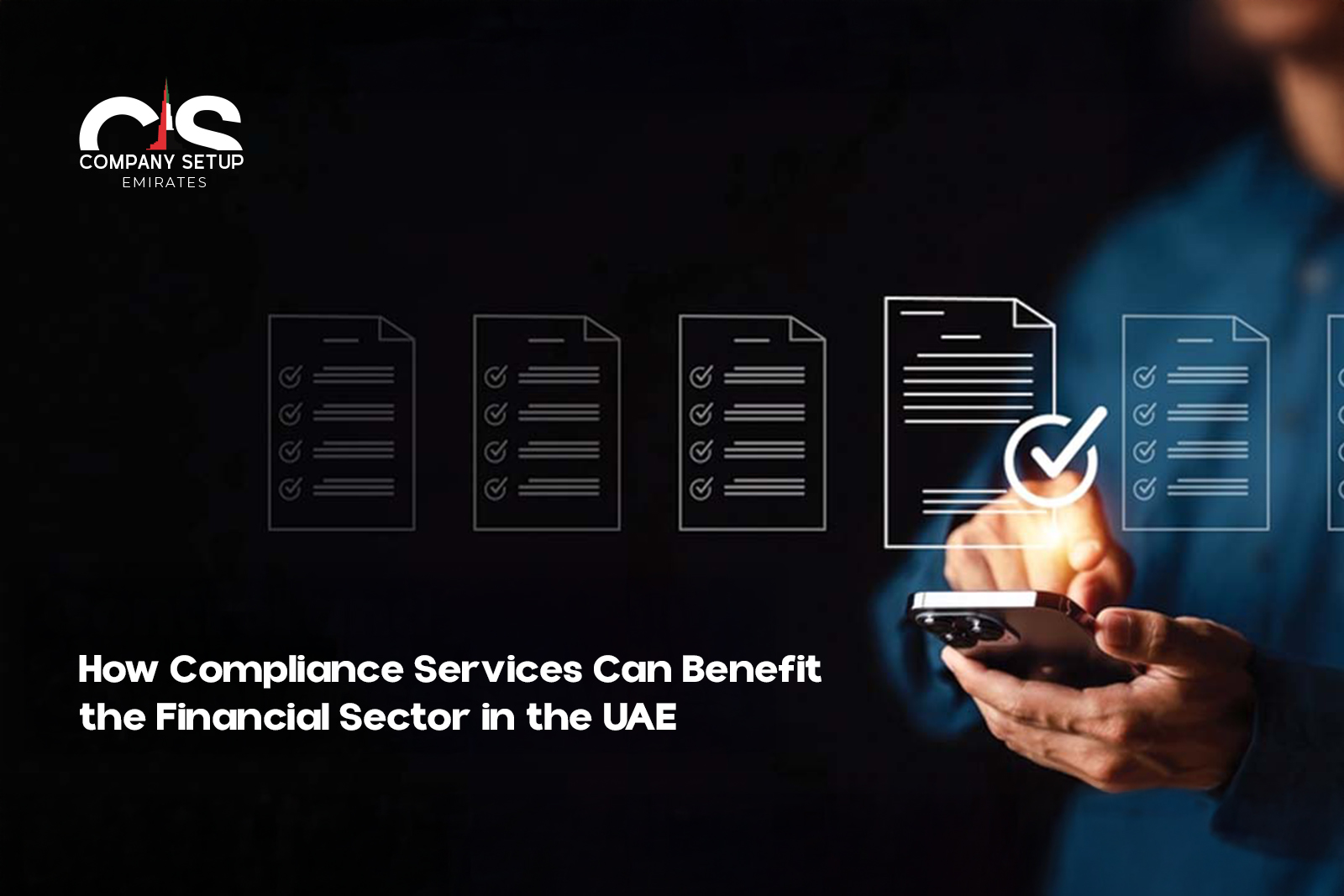Free Zones vs Mainland is a crucial decision for Indian business owners looking to establish themselves in Dubai, a thriving global business hub. With both options offering unique advantages tailored to different business needs, the right choice can significantly impact your growth, operational efficiency, and market reach.
In this blog, we’ll search into the differences between Free Zones and Mainland, explore their benefits, and highlight key factors to consider when making this important decision.

Understanding Free Zones
Free Zones in Dubai are specially designated areas that provide an environment conducive to international business. These zones are governed by their own set of rules and regulations, independent of Dubai’s commercial laws.
Key Features of Free Zones
-
- 100% Ownership: Foreign investors can retain complete ownership of their companies without needing a local sponsor.
- Tax Incentives: Businesses in Free Zones enjoy significant tax benefits, such as no corporate tax, import/export duties, or personal income tax.
- Simplified Setup: The registration process in Free Zones is streamlined, with minimal governmental hurdles.
- Focused Industries: Each Free Zone is tailored to specific industries, such as technology, trade, or media, creating an ecosystem of like-minded professionals.
- Ease of Repatriation: Full repatriation of capital and profits is allowed.
Understanding Mainland
The Mainland is regulated by the Department of Economic Development (DED) and permits businesses to operate across Dubai and the UAE. Mainland companies can also engage with both local and international markets without restrictions.
Key Features of Mainland
-
- Market Access: Mainland businesses have unrestricted access to the UAE market, unlike Free Zone businesses, which may face limitations in trading directly within the local market.
- Flexibility in Business Activities: Mainland licenses cover a wide range of business activities, making it easier to diversify or expand operations.
- No Location Constraints: Mainland businesses can establish offices anywhere in Dubai, providing greater flexibility in choosing strategic locations.
- Visa Benefits: Mainland companies have a higher quota for employee visas, which is advantageous for growing businesses.
Free Zones vs Mainland: Comparative Analysis
1. Ownership
-
- Free Zones: Indian business owners can enjoy 100% ownership.
-
- Mainland: Traditionally, a local Emirati sponsor was required, but recent regulations now allow full ownership in certain industries.
2. Cost
-
- Free Zones: Generally more cost-effective with lower setup fees and operational costs.
- Mainland: Higher costs, including local sponsorship fees (if applicable), office rents, and other expenses.
3. Business Scope
-
- Free Zones: Ideal for international trading and exporting. Direct business within the UAE local market requires a distributor.
- Mainland: Higher costs, including local sponsorship fees (if applicable), office rents, and other expenses.
4. Office Space
-
- Free Zones: Many allow virtual offices, which is cost-effective for startups.
- Mainland: Requires physical office space, which adds to the cost but enhances credibility.
5. Visa Eligibility
-
- Free Zones: Limited visas depending on office space.
- Mainland: Higher visa quotas, making it suitable for businesses with larger workforces.
Factors to Consider When Choosing Between Free Zones and Mainland
1. Nature of Your Business:
Businesses focused on international trade, e-commerce, or exports may benefit from Free Zones. If your business requires local market access, the Mainland is the better choice.
2. Target Market:
If your target audience is within the UAE, the Mainland allows direct interaction without intermediaries.
3. Budget:
Startups or small businesses with limited capital might find Free Zones more affordable initially.
4. Scalability:
If you plan to scale your business significantly, Mainland offers greater flexibility in terms of operations and employee visas.
5. Industry-Specific Needs:
Free Zones cater to niche industries, providing industry-specific benefits and infrastructure. Mainland licenses, on the other hand, cover diverse business activities.
Pro Tips for Indian Business Owners
1. Understand the Legal Requirements: Familiarize yourself with UAE’s business laws to ensure compliance, regardless of the option you choose.
2. Seek Professional Guidance: Engage with business consultants who specialize in UAE setups to streamline the process and avoid costly errors.
3. Leverage Networking Opportunities: Whether in a Free Zone or Mainland, networking can open doors to partnerships and collaborations.
4. Budget for Hidden Costs: Be prepared for expenses like visa processing, renewals, and administrative fees.
5. Choose the Right Free Zone: If opting for a Free Zone, select one that aligns with your industry for maximum benefits.
FAQs
1. Can I relocate my Free Zone business to the Mainland?
Yes, transitioning a Free Zone business to the Mainland is possible, but it requires legal and financial adjustments, such as re-registration and compliance with Mainland regulations.
2. Are there any restrictions on Free Zone businesses?
Free Zone businesses cannot trade directly in the local UAE market without a local distributor or agent, limiting access to the local consumer base.
3. Do Mainland businesses require physical office space?
Yes, Mainland businesses must have physical office space, which increases costs but enhances credibility and access to the local market.
4. Which is better for e-commerce businesses: Free Zones vs Mainland?
E-commerce businesses typically thrive in Free Zones due to cost savings and tax benefits but may prefer Mainland for local market access and broader operations.
5. What industries are best suited for Free Zones?
Industries such as IT, media, logistics, and international trade are best suited for Free Zones due to the specialized infrastructure and benefits tailored to these sectors.
Conclusion
When deciding between Free Zones vs Mainland, Indian business owners must evaluate their business goals, target market, budget, and long-term plans. Free Zones provide a cost-effective, tax-friendly environment ideal for international trade and startups, while the Mainland offers broader market access and operational flexibility.
Both options have their unique advantages and can cater to diverse business needs. By understanding these differences and seeking professional advice, Indian entrepreneurs can make an informed decision that aligns with their vision and ensures success in Dubai’s thriving business landscape.






